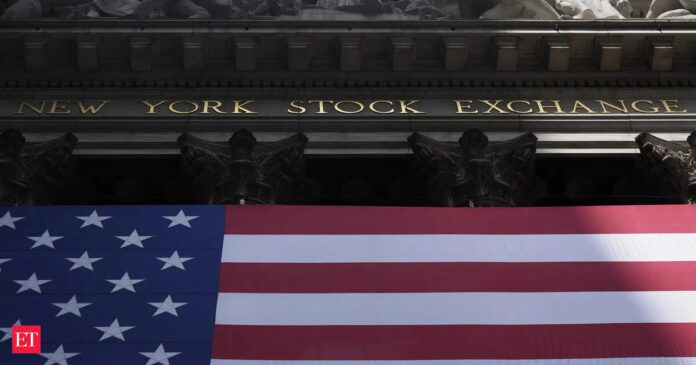Survey Against US Economic Data
Most economists in a July 11-24 Reuters poll, 89 of 100, said they were concerned about the quality of official U.S. economic data, including 41 who said they were “very concerned”. Survey respondents, who included Nobel Laureates, former policymakers, academics from top U.S. universities, and economists from major banks, consultancies and think tanks, were mainly worried about future data releases.
“I can’t help but worry some deadlines are going to be missed and undetected biases or other errors are going to start creeping into some of these reports just because of the reduction in staff,” Erica Groshen, BLS commissioner from 2013-2017, told Reuters.
“Another very big risk is all of the current administration’s changes will make civil service employees more like political appointees …. I can’t name any senator or congressperson who is a champion for federal statistics and has made supporting these agencies an important part of their agenda going forward.”
Job Cuts Hit Work QualityWhen Trump took office in January, the federal civilian workforce was 2.3 million. It was nearly 260,000 civil servants lighter by end-April, according to a Reuters tally.Estimates show BLS headcount is down at least 15 per cent. Partly as a result, the agency is ending the calculation and publication from next month of about 350 components of the Producer Price Index, an indicator of inflation before goods reach the consumer.
A BLS spokesperson said in a statement: “Response rates to most federal surveys have been declining for many years …. In addition to outreach efforts focused on encouraging households and businesses to participate in our surveys, BLS is exploring ways to overcome response rate and limited resource challenges.”
Other agencies, including the Bureau of Economic Analysis and the Census Bureau have had recent cutbacks to budgets and staff, said some sources familiar with the matter.
Asked if U.S. authorities were treating the issue of economic data accuracy with sufficient urgency, more than 80 per cent of respondents, 71 of 87, said “no”. Some 70 per cent, 63 of 90, also said U.S. government agencies did not have enough resources to maintain the collection and release of high-quality economic data.
More than two-thirds of those polled, 66 of 98, also said they were worried that deteriorating statistics would hurt Fed policymaking.
A similar proportion of economists in a separate recent Reuters survey published this week said they were also concerned about the Fed’s independence from political influence amid Trump’s public attacks on Fed chief Powell.
Reuters surveys published this month also showed concerns about the quality of economic data published in Britain.
FAQs
Q1. What was workforce when Donald Trump took office?
A1. When President Donald Trump took office in January, the federal civilian workforce was 2.3 million. It was nearly 260,000 civil servants lighter by end-April, according to a Reuters tally.
Q2. Who is President of USA?
A2. Donald Trump is President of USA.

